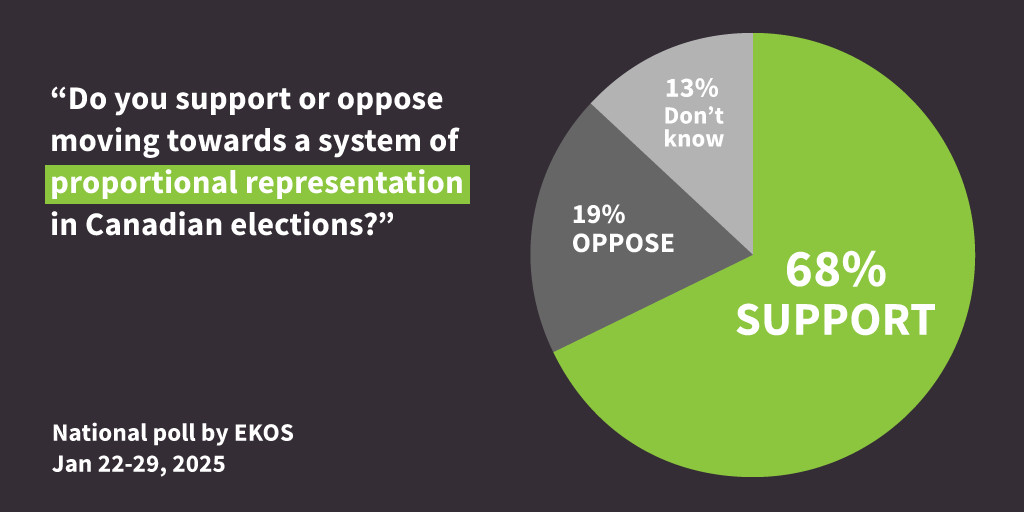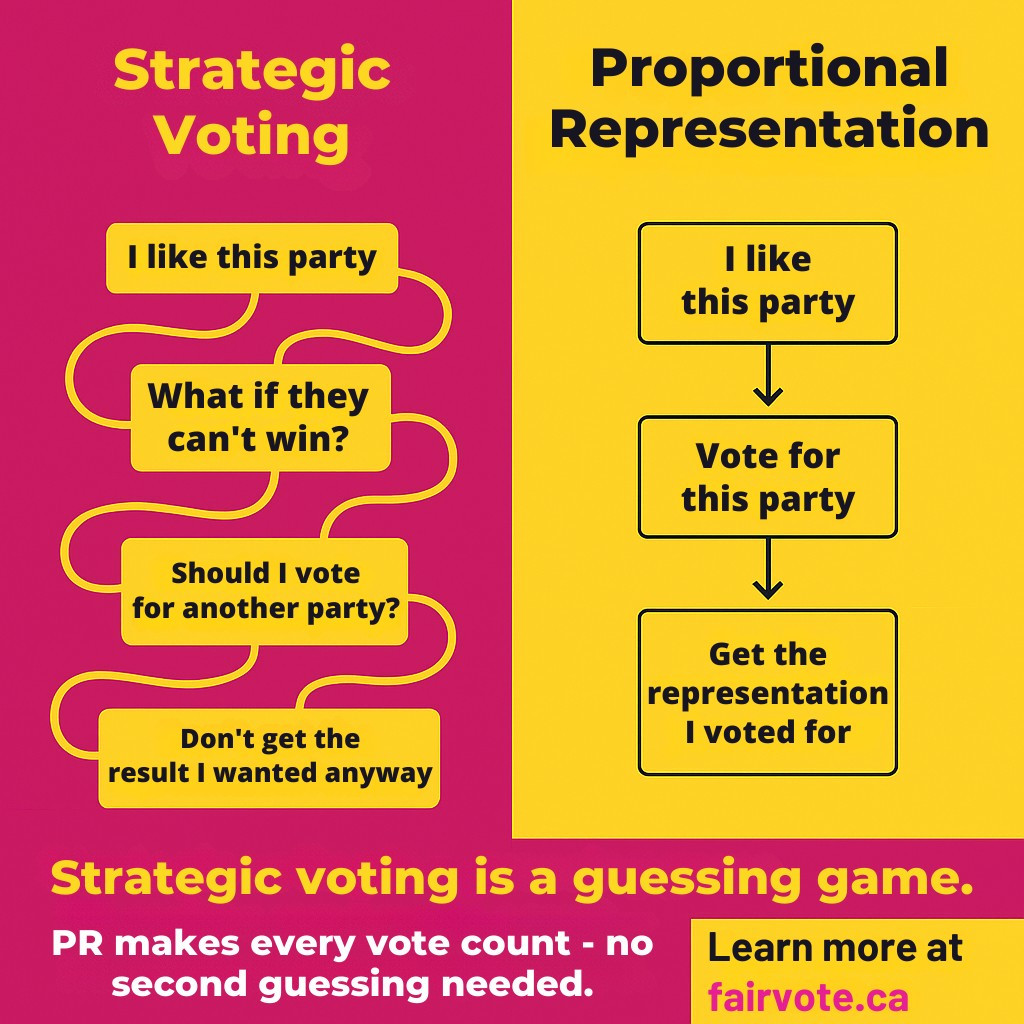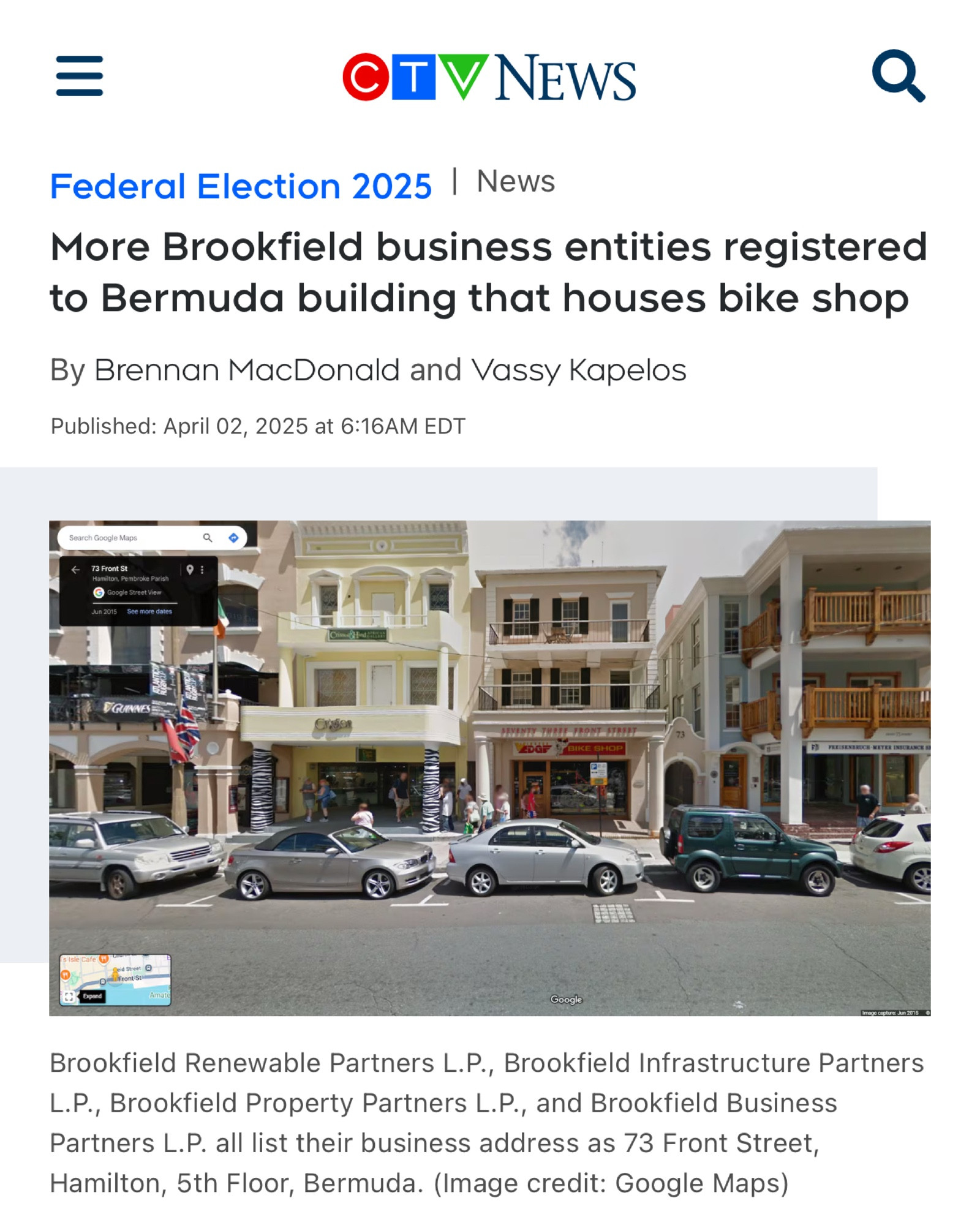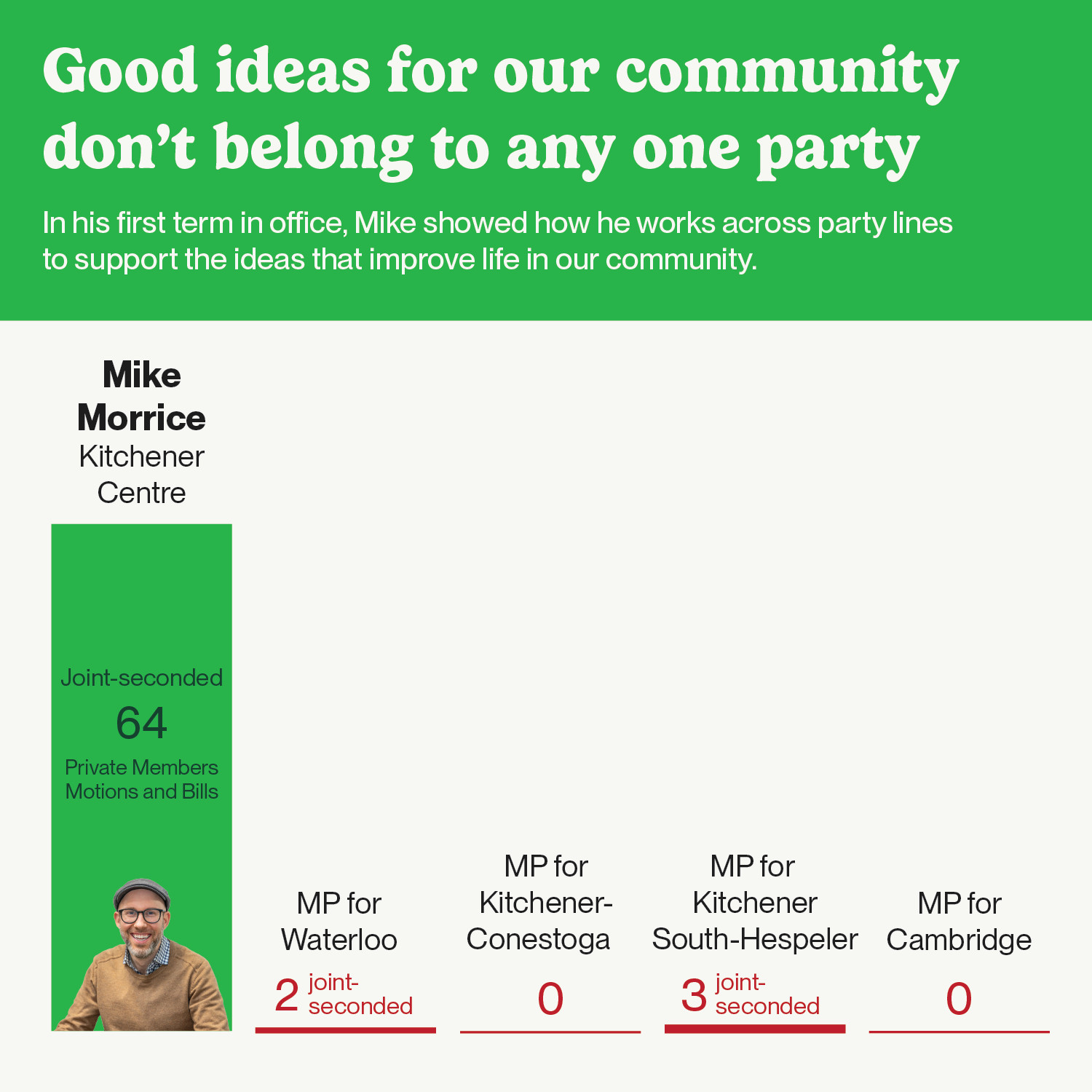- They're American owned and infiltrating Canadian culture and politics, that still doesn't mean the information isn't sound.
- I agreed with attacking the points, not the person. I never even reference the article in this sentence.
- Sources acceptable for my consumption, again doesn't mean I am insinuating that American owned media doesn't provide sound information.
So, who is saying the information isn't sound?





lmao. what ever shall we do if the Ottawa Citizen didn't uniquely create this article? There is no known alternative for this article, so I suppose it's of utmost critical value?
This point is irrelevant, because if I can find an article from a better source, then the point is moot. And besides, you are insinuating that the Ottawa Citizen provides a service that is unique, and cannot be replicated, which is untrue.
Nah. You shut up about it.